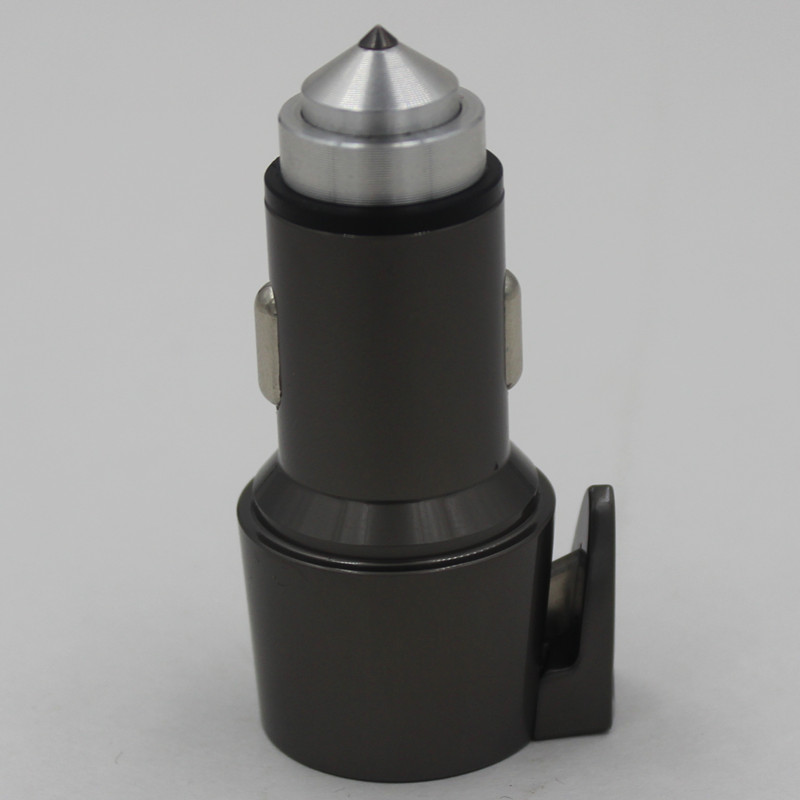Understanding Mold Steel and Its Importance
Mold steel is a crucial component in the manufacturing industry, particularly for those involved in producing plastic parts and components. The quality and longevity of molds significantly impact productivity and product quality. In Indonesia, a rapidly growing manufacturing hub, the demand for high-performance mold steel solutions is increasing as manufacturers seek to enhance their operational efficiency and output.
Types of Mold Steel Used in Indonesia
Manufacturers in Indonesia utilize various types of mold steel, each tailored for specific applications. The most common classifications include:
- Tool Steels: Generally used for producing molds, tool steels like A2, D2, and S7 are popular due to their hardness and wear resistance.
- Pre-Hardened Steel: Materials such as P20 and P20+Ni offer a balance of machinability and toughness, making them suitable for a range of mold applications.
- Heat-Resistant Steels: For high-temperature applications, steels like H13 are used, providing excellent thermal stability and resistance to thermal fatigue.
Benefits of High-Quality Mold Steel
Utilizing high-quality mold steel offers numerous advantages for Indonesian manufacturers:
- Enhanced Durability: Premium mold steels provide improved wear resistance and longevity, reducing the need for frequent replacements.
- Better Surface Finish: High-quality steel allows for finer surface finishes on molds, essential for achieving superior product quality.
- Improved Machinability: Certain mold steels are designed for easier machining, which can expedite production timelines and reduce labor costs.
- Cost Efficiency: Although the initial investment may be higher, the long-term savings resulting from reduced downtime and scrap rates are substantial.
Key Considerations When Choosing Mold Steel
When selecting mold steel for manufacturing processes, several key factors should be considered:
- Application Requirements: Different applications may require varying levels of hardness, toughness, and thermal stability. It’s critical to match the mold steel with the specific demands of the product being produced.
- Supplier Reputation: Choosing a reputable supplier who provides certified quality products can ensure that you receive steel that meets international benchmarks.
- Post-Treatment Options: Consider suppliers that offer additional services like heat treatment or surface hardening, enhancing the steel’s performance and suitability for specific applications.
- Cost vs. Performance: While budget constraints are always a consideration, compromising on quality can lead to higher costs in the long run due to increased maintenance and shorter mold life.
Local Suppliers and Innovations
In Indonesia, several local suppliers are at the forefront of providing innovative mold steel solutions. These suppliers not only offer a range of mold steels but also incorporate advanced technologies to improve the properties of steel. Their focus on customer service and partnership allows manufacturers to tailor solutions that fit their specific production needs.
Adapting to the demands of Industry 4.0, many suppliers are now offering digital services that provide insights into mold performance, enabling manufacturers to optimize their processes further.
Conclusion
The Indonesian manufacturing industry stands on the brink of transformation, with mold steel playing an essential role in this evolution. Selecting the right mold steel not only affects the quality of the finished product but also impacts production efficiency and cost-effectiveness. By understanding the varieties of mold steel, its benefits, and the current trends in local suppliers, manufacturers can position themselves competitively in a global market. As Indonesia continues to grow as a manufacturing hub, investing in high-quality mold steel solutions will be paramount for sustained success.

